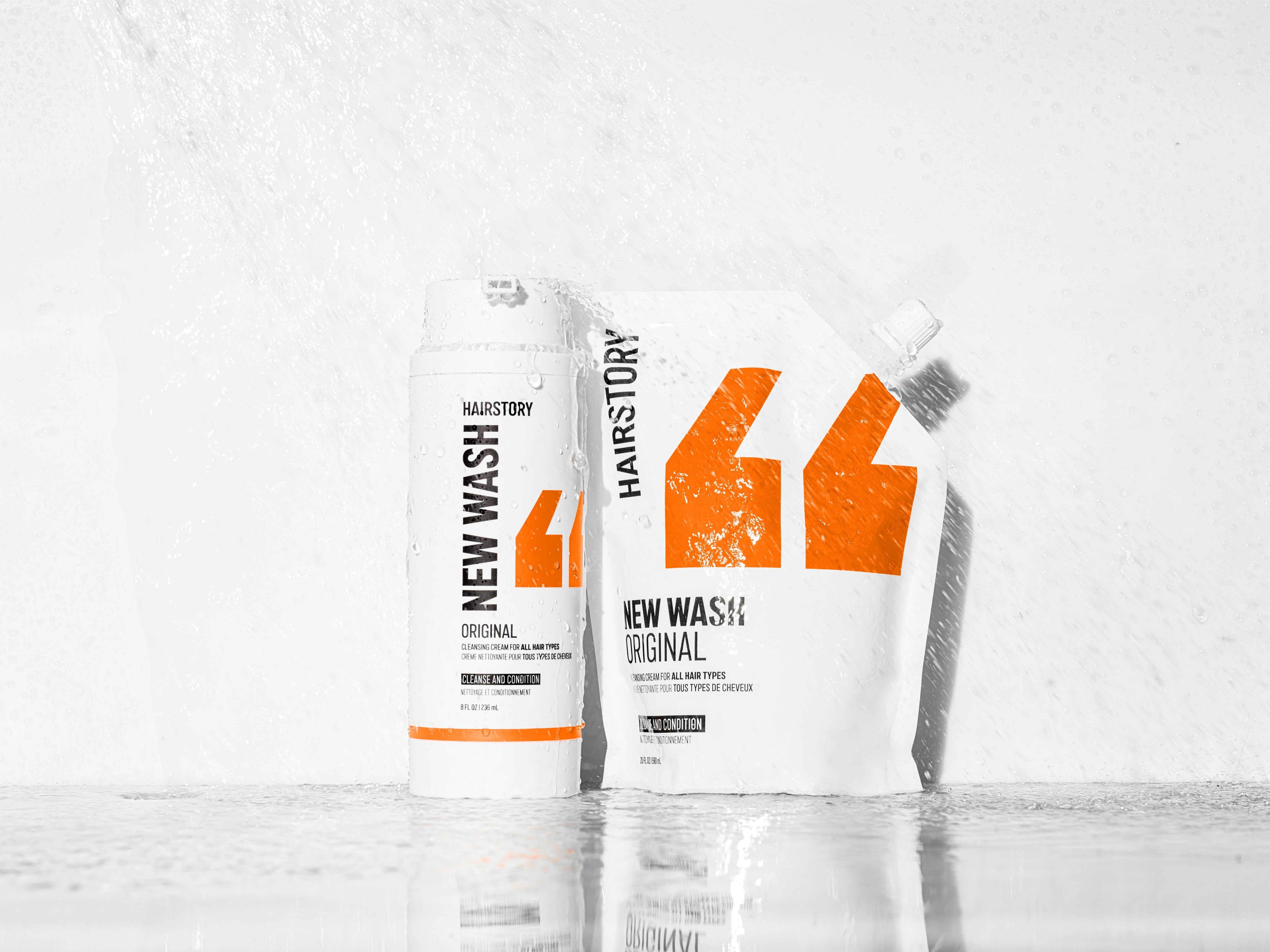More beauty and personal care businesses are introducing refillable products to their ranges. Yet, while there is a definite need for this from an environmental perspective, there are still some barriers to purchase for shoppers in this category.
Research conducted back in 2022 by beauty industry data specialists Circana found that purchases of refillable prestige beauty products in the UK that year had increased 47% between January and the end of July, which looked highly promising for the future of refillable packs. During that seven-month period, the market for refillable prestige beauty products was valued at £34m.
However, some studies undertaken in the following year in 2023, such as one by the skin care company BareLUXE revealed that, although the majority (79.3%) of consumers viewed sustainability as important when making purchasing decisions, only 23.4% said they used refillable skin care products.
When it came to using refillable serums, lotions and other personal care products this figure dropped to 5%, and fewer than 1% said they were using perfume refills.
This particular study was carried out primarily on US-based females between the ages of 30-34, More than half of those surveyed (50.6%) had been put off by difficulty finding available options, while 36.8% mentioned non-availability from their preferred brands as the reason why they hadn’t used refills. Concern about product contamination was an issue for 31%, and 17% said they were sceptical about the genuine sustainability of refills.
A recent study conducted by SENSEVA for the French beauty industry association FEBEA surveyed 2,251 women and discovered that 59% of respondents had purchased at least one refill in the past 12 months.
The study, which was published in June 2025 and partially funded by sustainable packaging non-profit Citeo, aimed to better understand consumer expectations and the challenges they face when using refillable formats.
It discovered that the typical refill buyer profile is a woman aged 19–44, with a high income, living in a household of three or more, and a frequent purchaser of cosmetics.
According to the research, their motivations for buying refills included:
- 70% wanting to reduce environmental impact
- 64% wanted to reduce costs
- 39% found them more convenient
Creating refillable hair care
Clean hair care brand Hairstory has today launched a special patent-pending, endlessly refillable bottle for its flagship product New Wash, which took close to two years to be created – from ideation to completion.
According to the brand’s CEO Dina Rosenbloom, the new packaging marked “a significant evolution in the user experience” for the brand’s flagship product.
“We were challenged with creating a bottle that could satisfy the following requirements,” she explained. “Better functionality, better materials and a better look.”
Rosenbloom said the pump has been deliberately designed for thicker creams – with a wide mouth for easy refilling. “Inside, it funnels the product toward the centre to ensure you use every last drop,” she shared.
“It’s made with sustainable PCR material and has a bottom-heavy, non-slip base to make it sturdier in the shower. It’s also antimicrobial to prevent mold and ultimately last longer.”
The bottle itself also has a whole new aesthetic – with a sleeker design, clearer usage instructions and a QR code to learn more.
The Better Bottle for the brand’s New Wash is available from 8 July on the brand’s D2C website Hairstory.com. An empty bottle is priced £15, with £46 for an 8oz refill. Filled bottles to kickstart use will soon be available for £48, too.
The challenges of refillable packaging design
In terms of design. creating refillable packaging is always going to be more complex than with classic packaging. Rosenbloom noted that the challenges along the way were perfecting the design while still making it user-friendly, attractive and sustainable.
“Through many different versions and samples, we were able to check all the boxes and now have a trademarked, patent-pending custom bottle that makes washing with New Wash and even better experience,” she explained.
One major design issue for refillable packaging – and a potential barrier for beauty shoppers – is ensuring hygiene and meets health and safety requirements. To consider this, Rosenbloom said that the brand created an antimicrobial additive to our PCR plastic material to provide a germ-free experience.
“The airtight sealing mechanism of the pump to the bottle ensures that no water seeps into the bottle,” she shared. “The testing we did was primarily extensive at-home and in-salon usage over a period of weeks so as to ensure these factors were correct.”


